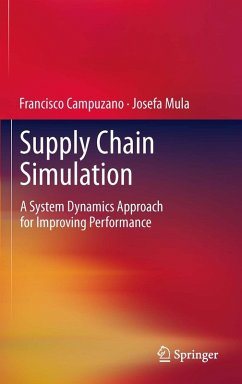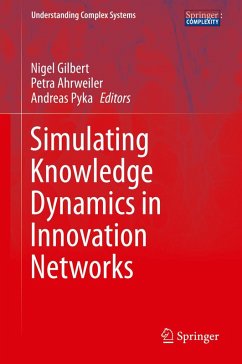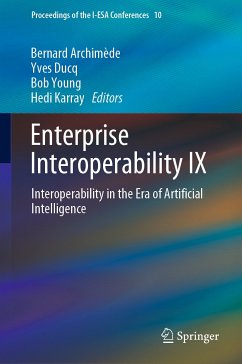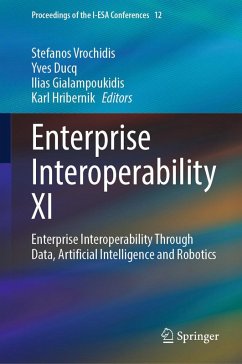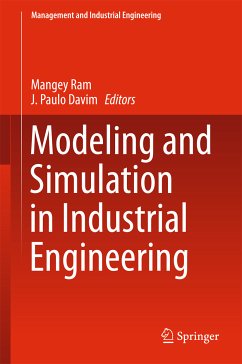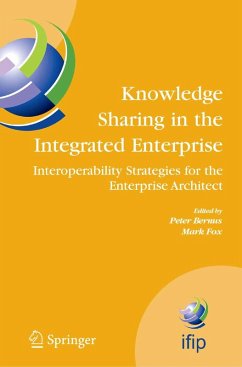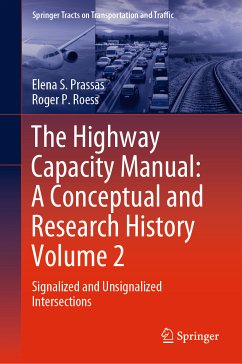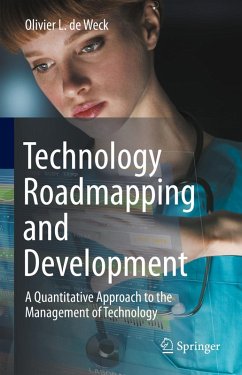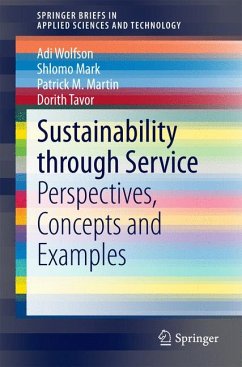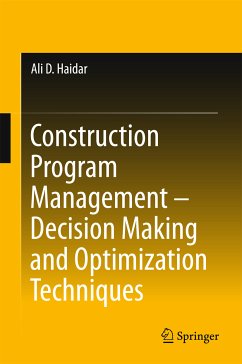Dr. Azad Madni is a member of the National Academy of Engineering and the Dean's professor of Astronautical Engineering and Civil and Environmental Engineering in University of Southern California's Viterbi School of Engineering. He is the Executive Director of USC's Systems Architecting and Engineering Program and the founding director of the Distributed Autonomy and Intelligent Systems Laboratory. He is the founder and CEO of Intelligent Systems Technology, Inc., a hi-tech company that conducts research and offers educational courses in intelligent systems for education and training. He is the Principal Systems Engineering Advisor to The Aerospace Corporation. He received his Ph.D., M.S., and B.S. degrees in Engineering from UCLA. His recent awards include 2021 INCOSE Benefactor Award, 2021 IEEE AESS Judith A. Resnik Space Award, 2020 IEEE SMC Norbert Wiener Award, 2020NDIA's Ferguson Award for Excellence in Systems Engineering, 2020 IEEE-USA Entrepreneur Achievement Award, 2019 IEEE AESS Pioneer Award, 2019 INCOSE Founders Award, 2019 AIAA/ASEE LelandAtwood Award, 2019 ASME CIE Leadership Award,2019 Society for Modeling and Simulation International Presidential Award, and 2011 INCOSE Pioneer Award. He is a Life Fellow/Fellow of IEEE, INCOSE, AIAA, AAAS, SDPS, IETE, and WAS. He is the co-founder and current chair of IEEE SMC Technical Committee on Model Based Systems Engineering.He is the author of Transdisciplinary Systems Engineering: Exploiting Convergence in a Hyper-Connected World (Springer 2018). He is the co-author of Tradeoff Decisionsin System Design (Springer, 2016). Dr. Barry Boehm is a member of the National Academy of Engineering and distinguished professor of Computer Science I the Viterbi School of Engineering of University of Southern California. His honors and awards include INCOSE Pioneer, Guest Lecturer of the USSR Academy of Sciences, the AIAA Information Systems Award, the J.D. Warnier Prize for Excellence in Information Sciences, the ISPA Freiman Award for Parametric Analysis, the NSIA Grace Murray Hopper Award, the Office of the Secretary of Defense Award for Excellence, the ASQC Lifetime Achievement Award, and the ACM Distinguished Research Award in Software Engineering . He is an AIAA Fellow, an ACM Fellow, an IEEE Fellow. He received his B.A. degree from Harvard University, and his M.S. and Ph.D. degrees from UCLA, all in Mathematics. Dan Erwin is a Professor and Chair of Astronautical Engineering, and an Associate Fellow of AIAA. He is also the faculty member who oversaw the all-student research team that set the student altitude record for rockets to pass the Karman line into outer space. He is the Co-Director of USC's Distributed Autonomy and Intelligent Systems Laboratory. His awards include the 2017 Engineers' Council Distinguished Engineering Project Achievement Award, 2016 Engineers' Council Distinguished Engineering Educator Award, 2006 USC-LDS Student Association Outstanding Teaching Award, 1995 USC School of Engineering Outstanding Teaching Award, and 1993 TRW, Inc. TRW Excellence in Teaching Award. He received his B.S. in Aplied Physics from California Institute of Technology and his M.S. and Ph.D. in Electrical Engineering form the University of Southern California. Dan Erwin is a Professor and Chair of Astronautical Engineering, and an Associate Fellow of AIAA. He is also the faculty member who oversaw the all-student research team that set the student altitude record for rockets to pass the Karman line into outer space. He is the Co-Director of USC's Distributed Autonomy and Intelligent Systems Laboratory. His awards include the 2017 Engineers' Council Distinguished Engineering Project Achievement Award, 2016 Engineers' Council Distinguished Engineering Educator Award, 2006 USC-LDS Student Association Outstanding Teaching Award, 1995 USC School of Engineering Outstanding Teaching Award, and 1993 TRW, Inc. TRW Excellence in Teaching Award. He received his B.S. in Aplied Physics from California Institute of Technology and his M.S. and Ph.D. in Electrical Engineering form the University of Southern California. Michael Sievers is s Senior Systems Engineer at CalTech's Jet Propulsion Laboratory in Pasadena California and is responsible for developing and analyzing spacecraft and ground systems architectures. He is also an Adjunct Lecturer at the University of Southern California where he teaches classes in systems and system of systems architectures, engineered resilience, and model-based systems engineering. Dr. Sievers earned Ph.D. and masters degrees in Computer Science and a Bachelor'sdegree in Electrical Engineering all from UCLA. He has published over fifty journal and conference papers and is an INCOSE Fellow, AIAA Associate Fellow and IEEE Senior Member. Marilee Wheaton is a Systems Engineering Fellow of The Aerospace Corporation and President-Elect of the International Council on Systems Engineering. She is a Fellow of AIAA and INCOSE, and a Senior Member of IEEE. Previously, she was a General Manager at The Aerospace Corporation. She has also served as an Adjunct Associate Professor of Systems Architecting and Engineering Program at the University of Southern California for eleven years. She is a Life Member and Fellow of the Society of Women Engineers. She is an Advisory Board Member of California State University, Northridge. She received her B.A. degree in Mathematics from California Lutheran University and her M.S. degree in Systems Architecting and Engineering form University of Southern California. She has been involved in the Conference on Systems Engineering Research in a leadership role for nearly a decade. She is currently pursuing her doctorate at the University of Southern California in Astronautical Engineering with a specialization in Systems Engineering.





